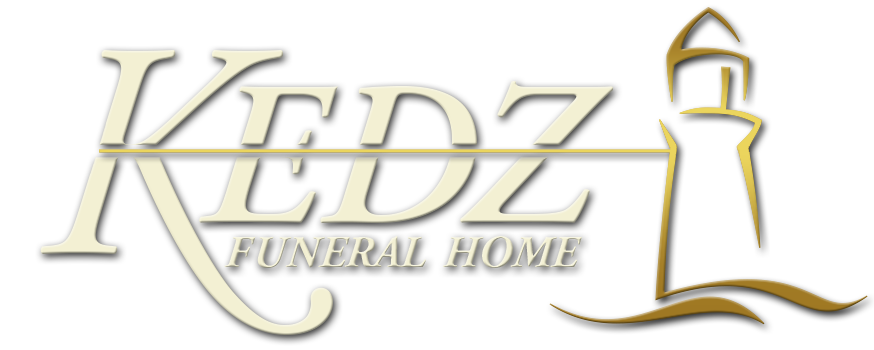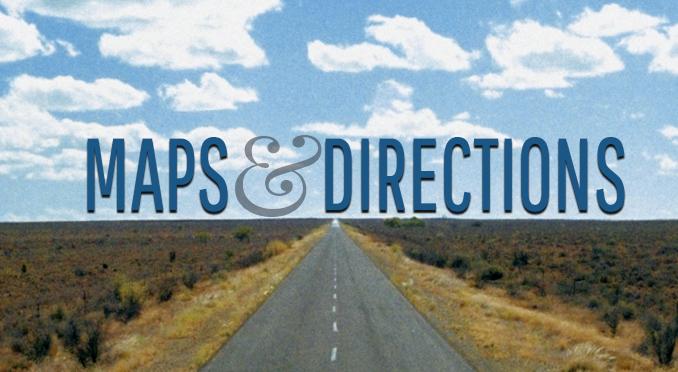Good mourning
We all like hellos better than goodbyes, and a departed dear one is no exception. Writing this, I recall the story of the elderly lady who asked the funeral directory for a lock of hair from her husband’s body. A few days later she showed a small jar which contained another lock of hair: Her dead son’s. What makes her story so stand out in my memory is that the lock of hair was her only child’s who had died in 1952. For over 50 years she had been gazing at that jar and her baby’s photo every morning. Now she intended to do the same for her husband for the remainder of her life.
We all have different ways of saying goodbye to a loved one. Essentially we try to get into a way of thinking that a dear one doesn’t leave for ever, he/she just goes on extended leave before us. How we get into a mind-set that tries to contain our grief depends to a large extent on the how we say the final goodbye. Nothing is more important at that time than to find a good funeral director who is empathetic enough to make it a bit easier for you in that challenging time.
Getting used to a new normal is the second part of the death of a loved one. The first part being: a dignified send off! Having witnessed several funerals over the last few decades, I have summarized the funeral process into 7 elements that tie back with the essence of this blog: the best way of saying goodbye to a loved one.
Take charge of planning the funeral
A good funeral would make you feel proud when you go home; so rise up to the occasion and plan it yourself. Adapt the funeral to the culture and language of your family to make it as unique as the deceased person’s life was. Decide whether you want the atmosphere traditional or informal, who is going to carry the coffin, decide whether you want to celebrate the life of the deceased person or mourn his departure, and whether or not it can have elements of fun in it.
Find a good funeral director
You may not go to a place of worship but may be thinking that perhaps a non-religious funeral may not look as dignified as one with a priest in it. Your loved one may have expressed a wish that he didn’t want a funeral, what do you do? Should children be allowed to come? And who else should you invite to the funeral? These are all questions that a good funeral director can help you with. They would have worked with other before you and would be in a better position to assist you with the choices that you make.
Make informed choices about products and services
Few symmetries/ crematoria have clean toilets, good parking and somewhere to have a coffee and well-kept grounds. Although those grounds are community spaces, most feel detached from the community. Some have fixed seats in the service halls, making it difficult for smaller groups to gather around in a circle and remember the deceased. Some people may allocate you very short time from seating to departure and the service in between. Try and book double slots if that is the case. You should also be aware of whether there is a public transport link to the place you are choosing and how accessible it would be for different mourners who are coming to share in your grief.
Decide what you are going to do and what you are going to pay others to do
Funerals aren’t cheap and many people are unaware of the options available to them with regards to planning their funeral. Whether you want the funeral home to forward the remains of your loved one to another funeral home for a fee, or you want to do it yourself. You need to make sure that any fees for the professional services of the funeral director and staff must be included in the individual prices for each of these services.
Get best value for money
In 2009 the average fee for a basic funeral was $1,817, while the range was from $695-3000. So for instance you wanted viewing at the funeral home, that may cost you extra. You need to work out what is included in the basic fee and whether or not that represents good value for money. Funeral homes can also bundle their casket fee in their overhead charges, so even if you bought casket elsewhere, they could still charge you the casket fee in addition to basic services and overhead costs. To decide what represents value for money, you should have with you information about: the “general price list”, the “casket price list” and the “outer burial container price list.”
Create a meaningful and memorable funeral ceremony
When words fail to grasp your funeral experience, it’s usually the rituals of the ceremony that becomes meaningful. Your funeral director can assist you in deciding what kind of rituals best capture the mood of the ceremony. A meaningful funeral ceremony is usually a trigger that activates your support system and gives others an opportunity to show their love and concern for you. Viewing (for family and friends to come together in grief), and eulogy (remembers the uniqueness of the life of the dead person) are among the common rituals that make a funeral memorable.
Acquire some background information on death and dying and find where you can learn more
This is especially more important when children are involved. They are likely to ask you about death, what happens to a dead person and that where they are now. Children tend to be less sentimental that grown-ups are and are usually better prepared to deal with death emotionally. We should, however, be aware of how the death of a loved one affects children at different stages of their lives.
In case of grownups learning about death and dying can help with dealing with uncomfortable moments. For example, trying to discourage a dying person from speaking of their own death may not be received well. Instead saying something like, “I don’t know if you are dying. Tell me how you feel?” could be a better way of communicating with a dying person.
Final word! Choose the right funeral director. That can make a lot of difference to your overall funeral experience and how you come to terms with life once the funeral is over.



